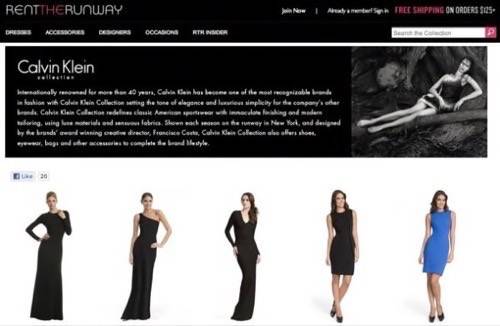One of the more interesting presentations this morning at Web 2.0 Summit
was Moneyball for the Consumer Web, from Aileen Lee of the VC firm Kleiner Perkins Caufield & Byers. Lee used the Michael Lewis book, Moneyball, as inspiration for how to improve a consumer Web startup. Moneyball is the real-life story of Billy Beane, current Oakland A’s GM, who got “radical with data” and successfully built a data-obsessed culture in a pro baseball team.

Lee referenced a startup called RentTheRunway, which rents designer dresses. She showed how this startup used data in order to vastly improve its service to consumers.
It’s no surprise that utilizing large amounts of customer data leads to an improved product – that was as true in the offline world of retail as it is in the online retail market. What’s perhaps less well known is how much emphasis Web companies are putting into data science nowadays.
What does Web 2.0 mean to you?
Comment for a chance to win a $500 home office upgrade.
Brought to you by
.
As Lee put it, building a data driven culture is “happening at the smartest online companies these days.” As an example, she referred to LinkedIn, which hired DJ Patil
as its Chief Scientist. Patil built up a team of 200 people – including data scientists, product engineers and more. One of the products to come out of that group was the ‘people you may know’ feature.
RentTheRunway (“love. wear. return.”) implemented a data culture too. After analyzing how customers rented dresses online, it concluded that there are 19 variables that are important. Those include color, designer name, dress length, time of year, occasion/purpose, age of renter, body type, neckline, model wearing dress, price.

Lee noted that it’s really hard to tell, just from looking at the dresses online, which of those dresses are the most popular amongst its users. Instead, she said, “you have to rely on the data.”
Another of Kleiner’s online retail startups, One Kings Lane, has reduced customer acquisition costs by 30%, “just by playing Moneyball.”
Two other themes that Kleiner Perkins has noticed: First, big data by itself is not enough – it also has to be real-time. Second, it’s not just startup employees who should tap into and use this data. The every day consumer should be able to self-serve and use the data too.

















